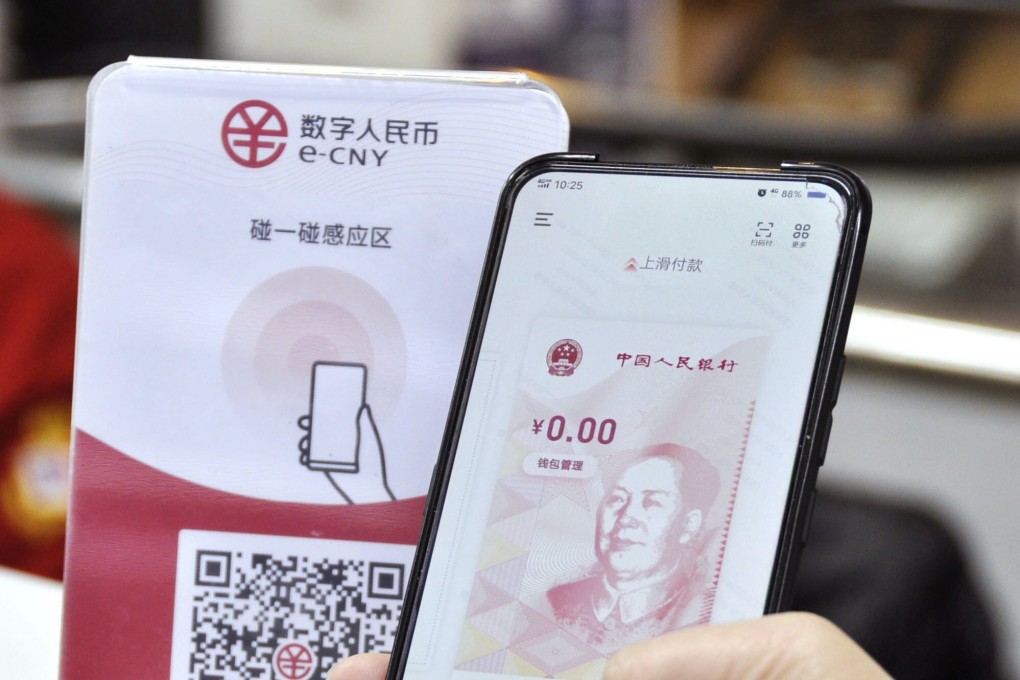Advertisement
Mastercard seeks role as bridge to facilitate cross-border use of China’s digital yuan
- The payments giant is in talks with various central banks, including China’s, to explore wider cross-border usage of their digital currencies
- In China, Mastercard is awaiting final approval for licences to start onshore card business, said Asia-Pacific co-president
Reading Time:3 minutes
Why you can trust SCMP
3

Central bank digital currencies such as that being piloted by Beijing could be circulated outside their home countries and converted into foreign currencies via a card clearing network acting as the conversion agent, according to Mastercard.
The card payments giant is in talks with multiple central banks across the world, including the People’s Bank of China (PBOC), to enable cross-border use of their respective digital currencies, said Ling Hai, co-president for Asia-Pacific in an interview with the Post. The plan would make use of the group’s vast payment network that includes 2 million automatic teller machines (ATMs) and 70 million merchant partners worldwide.
It is already happening in the Bahamas. The Caribbean island chain’s central bank is one of the world’s first to issue a digital sovereign currency, called the Bahamas Sand dollar. Travellers to the country can readily convert their fiat currencies through a prepaid card on Mastercard’s network.
Advertisement
The prepaid card is linked to a digital wallet where the Sand dollars are issued, said Ling Hai, who prefers to go by both his names.
The PBOC and the Hong Kong Monetary Authority are currently exploring ways to broaden the use of the digital yuan across the Greater Bay Area, which comprises nine mainland cities, as well as Hong Kong and Macau.
Advertisement
Advertisement
Select Voice
Choose your listening speed
Get through articles 2x faster
1.25x
250 WPM
Slow
Average
Fast
1.25x